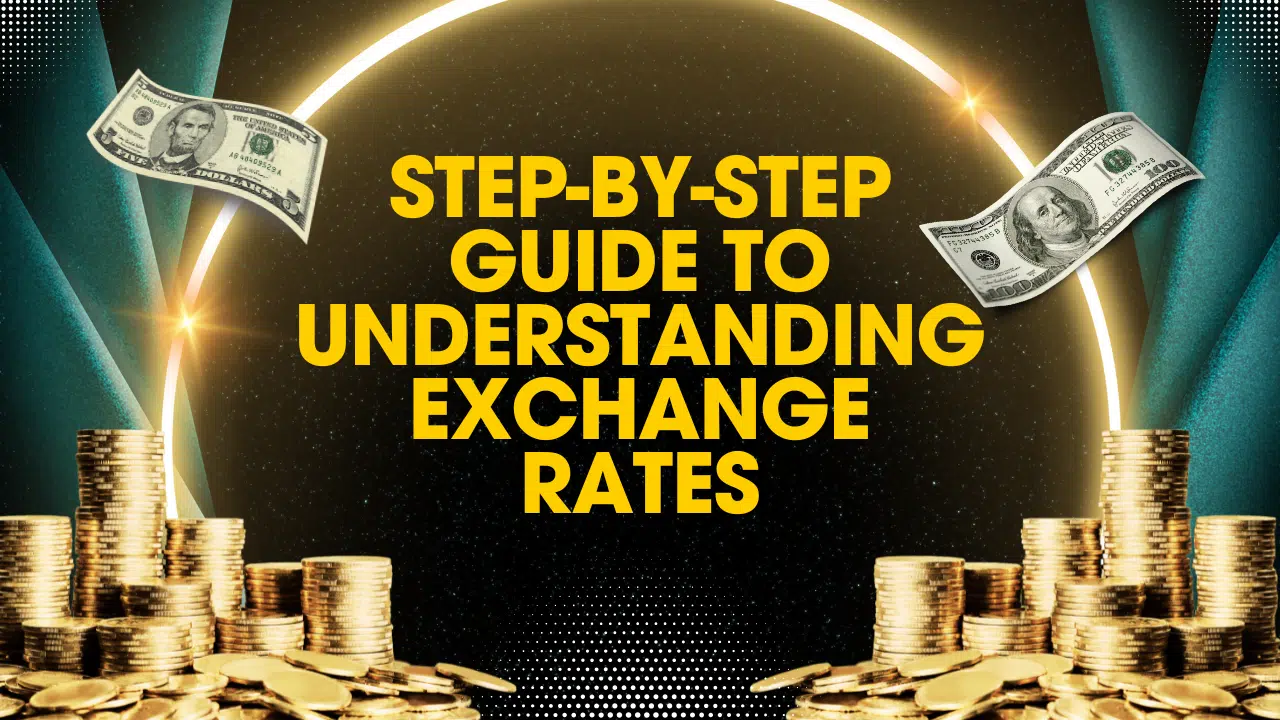Practical Advice for Those New to Forex Trading
Introduction
Forex trading, or foreign exchange trading, is one of the most popular financial markets globally, offering opportunities to earn significant profits. However, for beginners, navigating the forex market can be challenging. This guide provides practical do’s and don’ts to help new traders build a strong foundation and avoid common pitfalls.
What is Forex Trading?
Forex trading involves buying and selling currencies to profit from exchange rate fluctuations. It’s the world’s largest financial market, operating 24/5, with major currencies like the USD, EUR, GBP, and JPY being traded.
Do’s of Forex Trading
1. Educate Yourself
- Learn the basics of forex trading, including currency pairs, pips, leverage, and margin.
- Use online resources, courses, and demo accounts to practice before trading with real money.
2. Develop a Trading Plan
- Define your goals, risk tolerance, and trading strategy.
- Stick to your plan to avoid impulsive decisions.
3. Start with a Demo Account
- Most brokers offer demo accounts where you can practice without risking real money.
- Use this to familiarize yourself with the platform and test your strategies.
4. Use Risk Management Tools
- Set stop-loss orders to limit potential losses.
- Risk only a small percentage of your capital on a single trade (e.g., 1-2%).
5. Stay Updated on Market News
- Monitor global economic events, geopolitical developments, and central bank policies, as these impact currency movements.
- Use an economic calendar to keep track of important announcements.
6. Choose a Reliable Broker
- Select a broker that is licensed and regulated by reputable authorities.
- Compare spreads, fees, and trading platforms before deciding.
Don’ts of Forex Trading
1. Don’t Overleverage
- Leverage amplifies both profits and losses.
- Avoid using high leverage as it can quickly deplete your trading account.
2. Don’t Trade Without a Strategy
- Trading without a clear plan is gambling, not investing.
- Avoid chasing market trends without understanding them.
3. Don’t Let Emotions Drive Decisions
- Fear and greed often lead to impulsive trades.
- Stick to your strategy and avoid emotional reactions to market fluctuations.
4. Don’t Risk Money You Can’t Afford to Lose
- Forex trading involves significant risk.
- Only use disposable income and never trade with money meant for essential expenses.
5. Don’t Neglect Research
- Avoid jumping into trades without analyzing the market.
- Use technical and fundamental analysis to make informed decisions.
6. Don’t Trade During Volatile Markets as a Beginner
- News releases and major announcements often lead to sudden price swings.
- Beginners should avoid trading during these times until they gain more experience.
Common Mistakes Beginners Make
- Overtrading:
- Placing too many trades in a short period increases exposure to risk.
- Ignoring the Spread:
- The spread (difference between bid and ask prices) impacts your profits.
- Failing to Adapt:
- The forex market is dynamic; strategies should evolve with market conditions.
Key Tools for Beginners
- Economic Calendar:
- Helps track key events like interest rate decisions and GDP releases.
- Trading Platforms:
- Use user-friendly platforms like MetaTrader 4/5 or broker-provided apps.
- Analysis Tools:
- Learn to use charts, indicators, and patterns for technical analysis.
Benefits of Forex Trading
- High Liquidity:
- The forex market operates 24 hours, ensuring ample trading opportunities.
- Low Barriers to Entry:
- Many brokers allow you to start with as little as $100.
- Diverse Currency Pairs:
- Trade major, minor, and exotic currency pairs based on your preferences.
Risks of Forex Trading
- High Volatility:
- Prices can change rapidly, leading to potential losses.
- Leverage Risks:
- While leverage increases buying power, it also magnifies losses.
- Market Manipulation:
- Ensure you trade with regulated brokers to avoid fraud.
Conclusion
Forex trading offers exciting opportunities but comes with risks that require knowledge and discipline to manage. By following the do’s and don’ts outlined here, beginners can minimize their risks and build confidence in their trading journey. Remember, patience and continuous learning are key to long-term success in forex trading.







